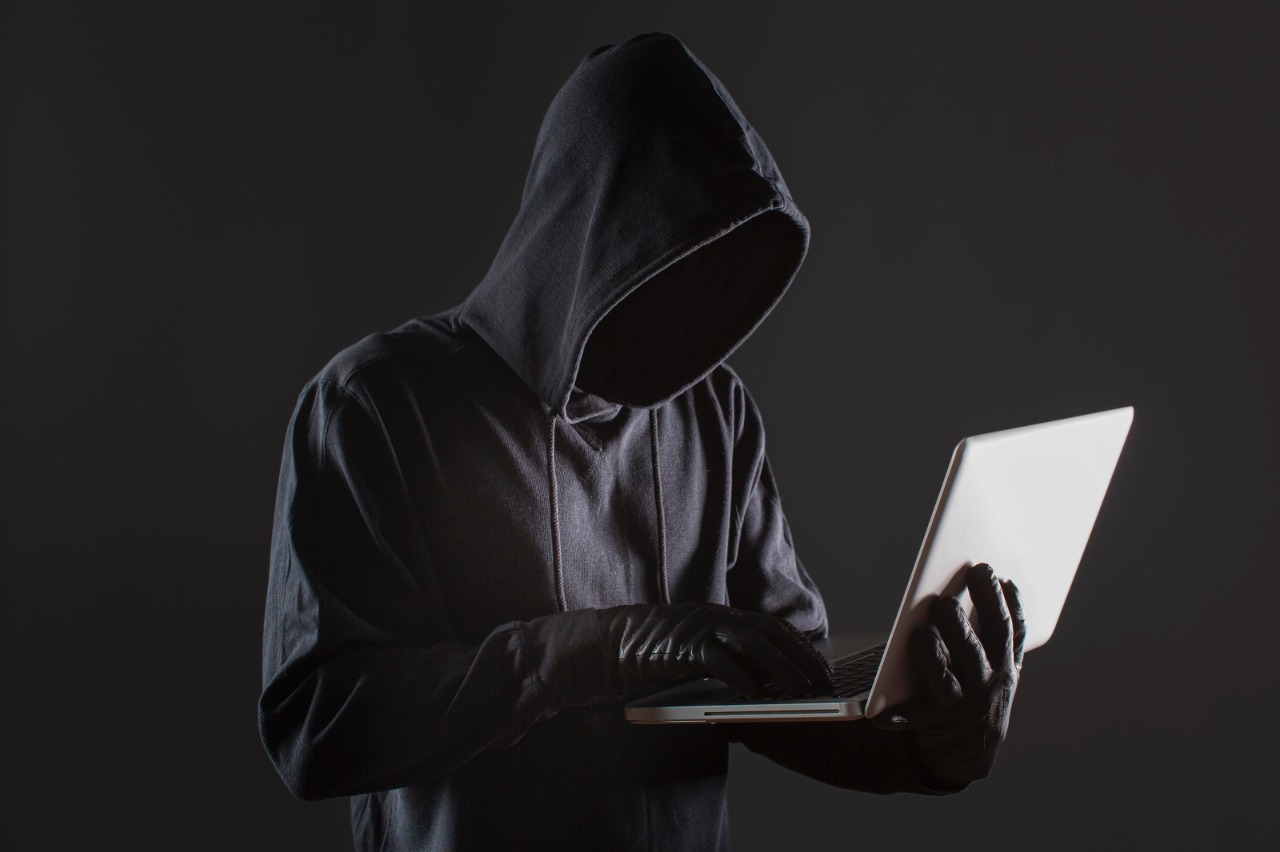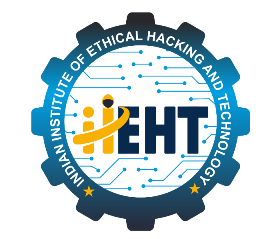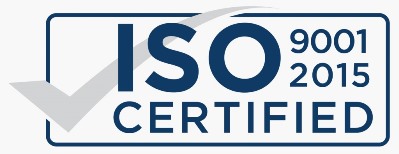World’s top 10 hackers
Date: Jan 21, 2023

Top Hackers
Introduction
While hacking is prohibited, ethical hacking is a legitimate way to get past a security system's defences and find potential security problems. In order to find any weaknesses that cybercriminals can exploit, ethical hackers examine strategies. Nowadays, when businesses are exposed to such high levels of risk and perilous cyberthreats, ethical hackers are highly important. When data and resources are developed and used, new cyberattack areas are created. It's challenging to maintain impenetrable security at all times since black hat hackers are finding new vulnerabilities and expanding quickly. This situation makes ethical hacking more important than ever, giving businesses knowledge of what they need to do to shut significant and unexpected security vulnerabilities.A hacker is, in general, any highly experienced computer professional who has the ability to discover new exploits and weaknesses in the system or network. Depending on the line of work, the word "hacker" might have a disputed or unethical meaning. Typically, a back-hat hacker is the first thing that springs to mind when you think of a hacker. Black hat hackers are those who compromise computer security with the intent to harm others or for their own personal gain. White hat hackers, on the other hand, are individuals who assist corporations or governments by revealing the security holes and system exploits they discover.
Ten top hackers are:
• Kevin Mitnick
One of the top white hat hackers in the world is Kevin Mitnick. He previously held the title of FBI's Most Wanted Hacker after purposefully breaching into 40 large organizations. He is now a highly sought-after security specialist for government agencies and Fortune 500 companies anywhere in the world. On CNN, CNBC, FOX News, BBC, and 60 Minutes, to name a few, Mitnick has served as a commentator, security consultant, and keynote speaker thanks to his security findings. Other works he has published include Art of Intrusion and Art of Deception.
• Mark Abene
Mark Abene, who was a member of the hacker groups Legion of Doom and Masters of Deception, currently goes by the name Phiber Optik. He was one of the first ethical hackers to openly describe the advantages and worth of ethical hacking as a business tool. Abene's main services include security awareness campaigns, on-site vulnerability assessments, reverse engineering, and cyber fraud analysis. The well-known Evian director of cybersecurity, he. His previous position at Identity Guard was principal code inspector. He was an employee of Major League Baseball Advanced Media as a contractor and co-founder of TraceVector as well as a programmer.
• Charlie Miller
Charlie Miller obtained his Ph.D. in Mathematics from the University of Notre Dame and then worked for the National Security Agency for five years as a computer hacker. Additionally, he has served as a security consultant for Twitter and Uber ATC. He won the annual Pwn2Own competition four times, making him the Super Bowl of computer hacking. He was the first person authorized to remotely hack the iPhone and Android phones when they were originally introduced. The ethical hacker, who has been featured in numerous periodicals and TV shows, has also demonstrated how Fiat Chrysler cars can be compromised to control the steering wheel, radio, and brakes! As a security expert for autonomous vehicle security, Miller is currently employed at Cruise.
• Jeanson James Ancheta
Jeanson James Ancheta is not interested in destroying networks or hacking into computers to steal credit card data in the sake of social justice. Ancheta was more enthusiastic about using bots, which are software-based robots that have the potential to assault and ultimately take over computer systems. He used a series of massive "botnets" in 2005 to hack over 400,000 devices. Ars Technica reports that he afterwards rented out these machines to advertising agencies and received payment for actively installing bots or adware on certain systems. A hacker who used the botnet technique for the first time received a prison sentence in addition to Ancheta, who received a 57-month prison term.
• Matthew Bevan and Richard Pryce
In 1996, a team of British hackers led by Matthew Bevan and Richard Pryce gained access to a number of security organizations, including the Défense Information System Agency, the Korean Atomic Research Institute, and Griffiss Air Force Base (KARI). Bevan (Kuji) and Pryce (Datastream Cowboy) have been accused of almost starting a third world war after dumping KARI material onto American military computers. According to the BBC, Bevan believes that he was trying to support a UFO conspiracy theory and that his situation is similar to Gary McKinnon's. Whether or not they did it on purpose, Bevan and Pryce demonstrated the vulnerability of even military systems.
• Michael Calce
When he first discovered how to hack into university computer networks in February 2000, Michael Calce—then known as "Mafiaboy"—was 15 years old. Today, he works as a cyber security professional. To take down Yahoo, the most well-known search engine of the time, he pooled their resources. He used a distributed-denial-of-service (DDoS) attack to take down the websites of Dell, eBay, CNN, and Amazon within a week. The attack overloaded commercial servers, which eventually failed. For those who invested in and supported the internet, Calce's wake-up call was perhaps the most shocking.
• Aaron Swartz
Aaron Hillel Swartz was an American computer programmer, businessperson, author, activist, and political organizer who was active online from November 8, 1986, until January 11, 2013. Six months after Reddit's launch, he joined the social media platform and was instrumental in the creation of the RSS web feed format, Markdown authoring style, Creative Commons organization, and the web.py website framework. Demand Progress, a website well recognized for its opposition to the Stop Online Piracy Act, was founded by him.
• Dan Kaminsky
A well-known security researcher who became well-known in 2008 is Dan Kaminsky. He was the one to identify a specific DNS flaw that gave any hacker access to practically every nameserver through the use of cache poisoning. When possible, Kaminsky has been at the vanguard of the fight against cybercrime. He was among the first to realise that all hosts infected by Conficker had a detectable trait in common. In addition, he discovered other flaws in the SSL protocol, all of which were soon fixed. Kaminsky also created Interpolique, a tool that aids programmers in effectively defending against injection attacks.
• Linus Torvalds
One of history's greatest hackers is thought to be Linus Torvalds. He rose to fame by developing Linux, a popular Unix-based operating system. Tens of thousands of expert developers have contributed to the kernel of Linux, making it open-source software. However, Torvalds continues to hold the last say in terms of what new code gets incorporated into the Linux kernel. As of 2006, Torvalds alone contributed about 2% of the Linux kernel. While developing the best operating system, he wants to be straightforward and have fun.
• HD Moore
Hacker, free software programmer, and network security expert H. D. Moore. He is the mastermind behind the development of the vulnerability scanning software package known as the Metasploit Framework and the Metasploit Project.He served as the company's chief research officer. Rapid7 is a cybersecurity data and analytics software and cloud solutions company with headquarters in Boston. He oversaw the Metasploit Framework project until he left Rapid7 in 2016. Moore founded Rumble, Inc., a software firm that develops Rumble Network Discovery, before leaving Rapid7 to work as vice president of research and innovation at Atredis Partners.
• ASTRA
This hacker is distinct from the others on the list in that he has never been named in the media. The Daily Mail claims that some information about ASTRA has been made public. Specifically, he was detained by officials in 2008 and was recognised as a 58-year-old Greek mathematician at the time. He allegedly spent nearly five years hacking the Dassault Group. He stole state-of-the-art software and data related to weapons technology at that time and sold it to 250 people worldwide. The Dassault Group suffered $360 million in losses as a result of his hacking. The word "ASTRA" is a Sanskrit word for "weapon," but no one is sure why his true identity has never been made public.
Conclusion
Not all hackers are malicious. The good folks, or "white-hat hackers," use ethical hacking certification programmes to increase network security. In addition to them, there is another category of hacker known as "black hat hackers." Despite being the best at whatever they do, they have a lot of destructive power.The government ought to offer ethical hacking certification training to newcomers as we advance further into the contemporary era to secure data from hacking.



